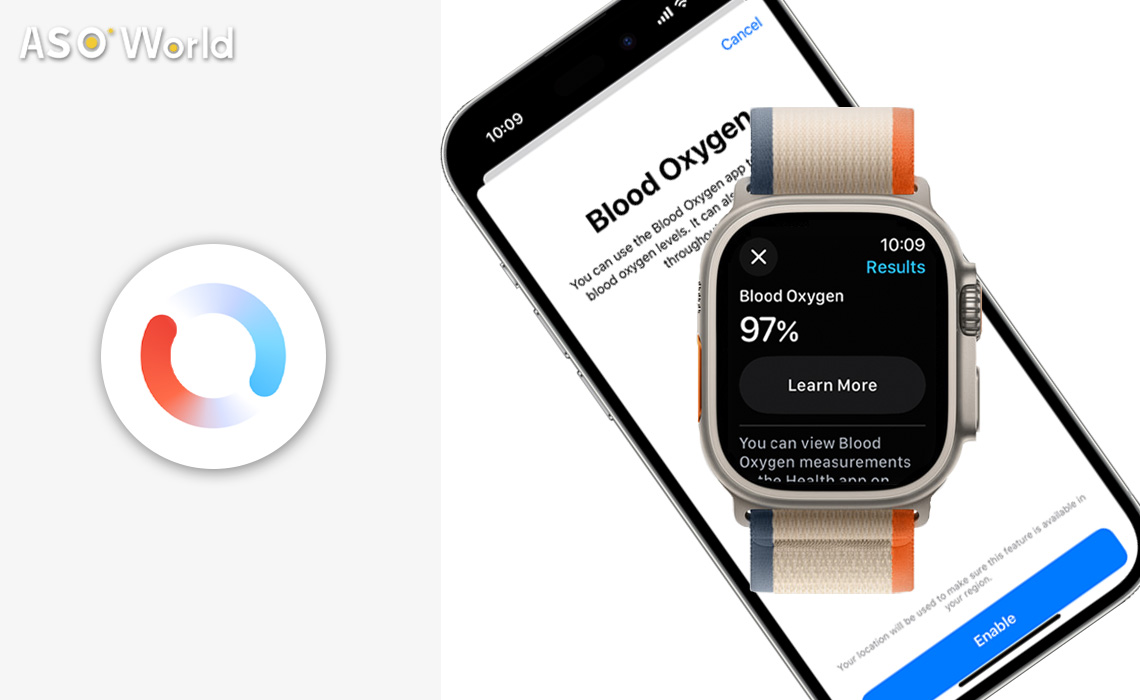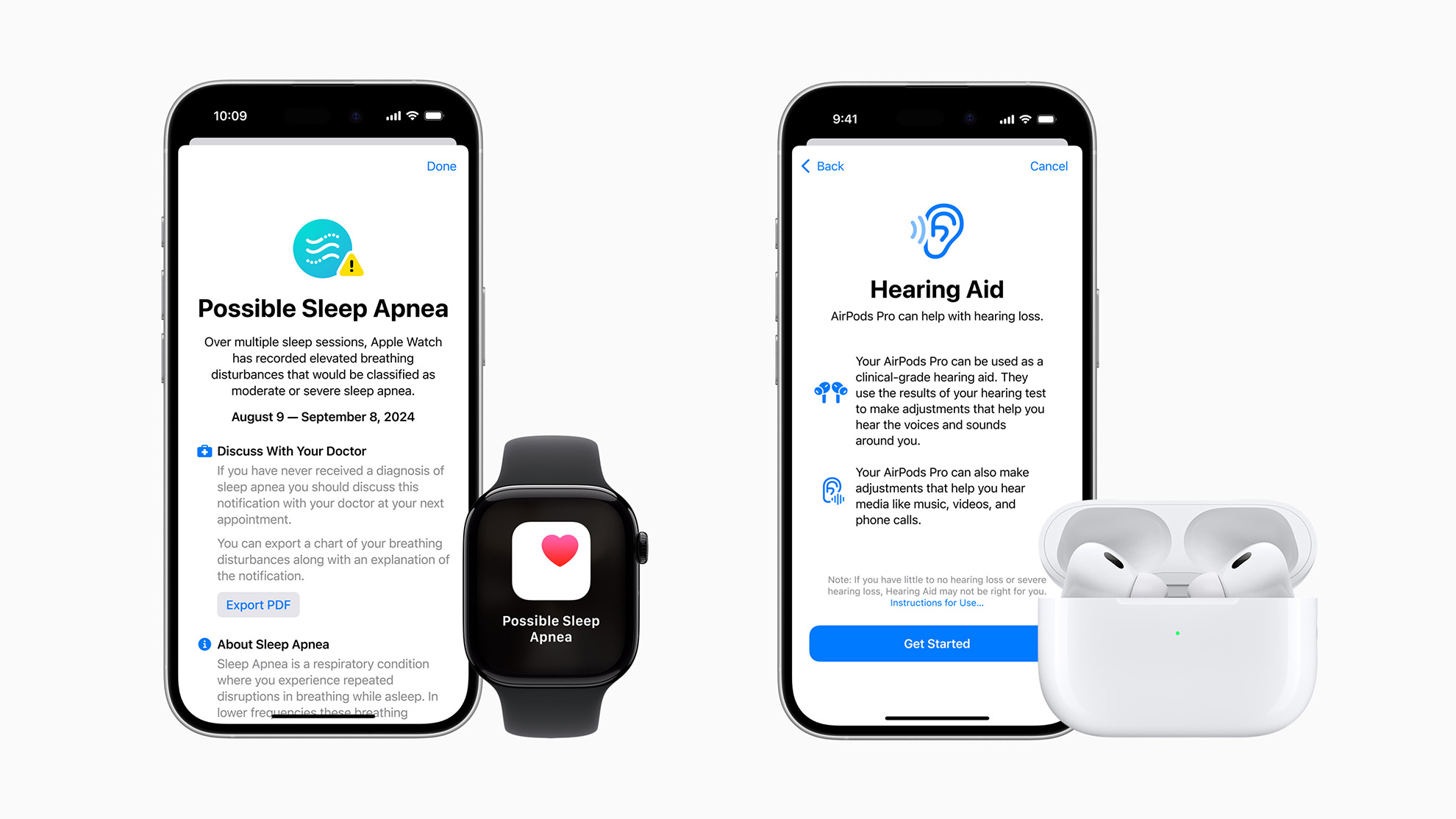The National Health Service (NHS) in England has received approval to implement artificial intelligence (AI) technology to help detect bone fractures in X-rays.
This initiative aims to reduce the number of missed diagnoses in emergency departments and urgent care centers, where up to 10% of fractures are currently overlooked.
Enhancing Diagnostic Accuracy
AI as a Diagnostic Aid
The National Institute for Health and Care Excellence (NICE) has endorsed the use of AI to assist in the detection of fractures, citing clinical evidence that suggests AI can improve scan accuracy without increasing the risk of incorrect diagnoses.
This technology is expected to work alongside radiologists and radiographers, rather than replace them, ensuring that each X-ray is reviewed by a healthcare professional.
Platforms and Their Applications
Four AI platforms have been recommended for NHS use: TechCare Alert, Rayvolve, BoneView, and RBfracture.
These platforms cater to different age groups, with some designed for adults and others suitable for both adults and children aged two and up. The cost of implementing these AI scans is estimated at £1 per scan, a figure that the NHS aims to maintain.
Addressing Workforce Challenges
Alleviating Pressure on Radiology Departments
The introduction of AI technology is seen as a solution to the high vacancy rates in radiology departments, which currently stand at 12.5% for radiologists and 15% for radiographers.
By supplementing the expertise of medical professionals, AI can help manage workloads and reduce the need for follow-up appointments due to missed fractures.
Supporting Healthcare Professionals
Mark Chapman, Director of HealthTech at NICE, emphasized that AI technologies are safe and could identify fractures that might be missed due to the pressures faced by radiologists and radiographers. This support is crucial given the current demands on these professional groups.
Future Implications and Considerations
Ongoing Evaluation and Consultation
A consultation on the draft recommendations for AI use in fracture detection is set to run until November 5, 2024. NICE has acknowledged that further evidence is needed to fully understand the financial implications and feasibility of integrating AI into routine healthcare.
The Society of Radiographers supports the initiative, recognizing AI's potential to enhance diagnostic accuracy while reaffirming the irreplaceable expertise of human professionals.
Broader Impact of AI in Healthcare
The successful integration of AI in fracture detection could pave the way for broader applications in healthcare, such as early detection of diseases and predicting health risks.
However, the NHS must ensure that its IT infrastructure is robust enough to support these advancements.
Editor's Comments
The integration of AI in fracture detection represents a significant step forward for the NHS, offering a potential solution to some of the challenges faced by radiology departments.
While AI promises to enhance diagnostic accuracy and efficiency, its success will depend on careful implementation and ongoing evaluation.
As healthcare continues to evolve with technological advancements, maintaining a balance between innovation and the irreplaceable expertise of healthcare professionals will be essential.



